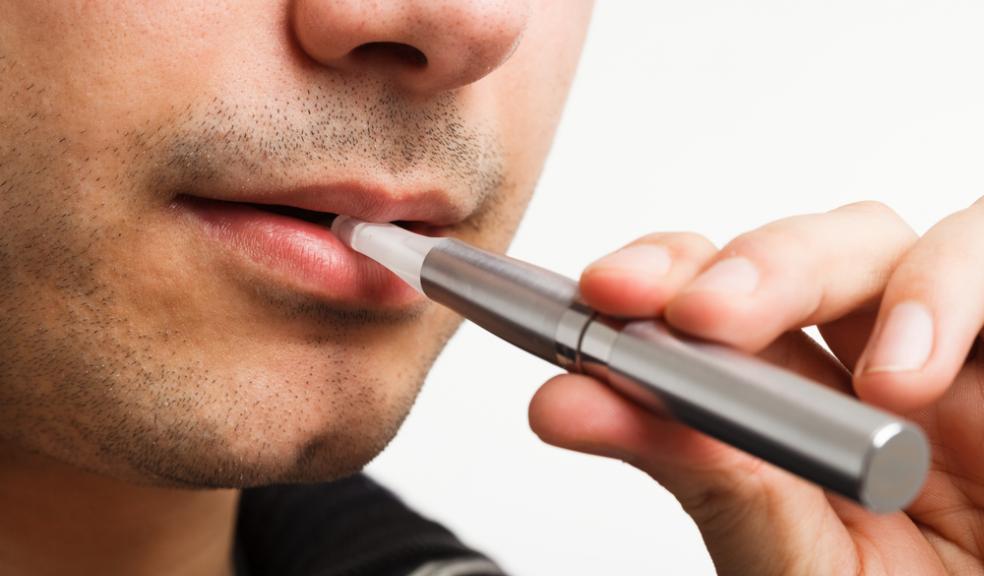
European Parliament votes on tobacco and e-cigarettes
Legislation to limit the use of tobacco products by young people has been approved by the European Parliament.
However, the plans went through in a more limited form than originally proposed.
The draft legislation proposed that all flavoured tobacco products be banned from sale by law in 2014. It also called for the banning of slim cigarettes, packs of ten cigarettes and making e-cigarettes a medicinal product, which would have restricted their sale.
MEPs from 28 nations rejected proposals to make e-cigarettes a medicinal product and the banning of slim cigarettes.
The ban of flavoured tobacco including menthol cigarettes has been approved but will be delayed by five years before being implemented.
Some measures did go through as originally planned, including an increase in the size of the warning labels on cigarette packs so that 65% of cigarette packs would be covered with a warning label: this would also apply to rolling tobacco.
Tobacco manufacturers must also stop advertising their products as ‘low tar’, ‘mild’, or ‘light’.
The bill will now face further negotiation and could become law before the May 2014 European elections. If approved all 28 EU nations must adopt it as law.
Carl Schlyter, MEP for the Swedish green party, claimed the vote was "a shameful day for the European Parliament, as a centre-right majority, led by the EPP group, has done the bidding of the tobacco industry and voted for weaker rules".
Among the more controversial elements of the bill was to make e-cigarettes into a medicinal product.
This would restrict the sale of e-cigarettes and impose regulation on their manufacture.
Manufacturers have strongly opposed the move as they claim the products are being used by hundreds of people to stop smoking.
Anti-smoking campaigners have however voiced concerns that the appearance of e-cigarettes is normalising the appearance of smoking and therefore make them more attractive to young people.
The product has become much more prevalent in the years following the smoking ban as they are not covered by the current legislation.
This has seen several high profile businesses impose their own bans on the product with the J D Wetherspoon’s chain of bars and restaurants banning their use on premises.
The UK Government is currently planning to impose medical resrictions by 2016.













